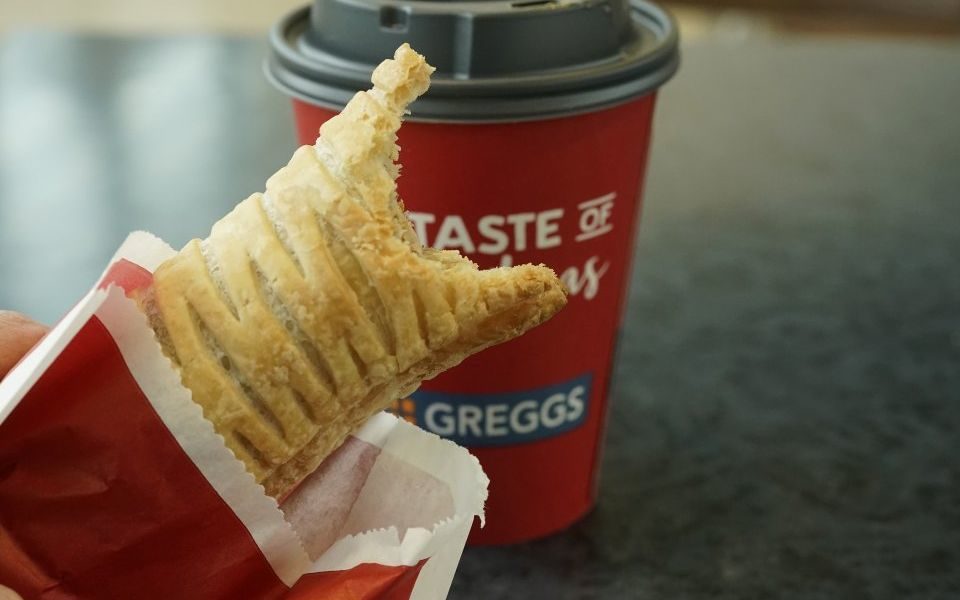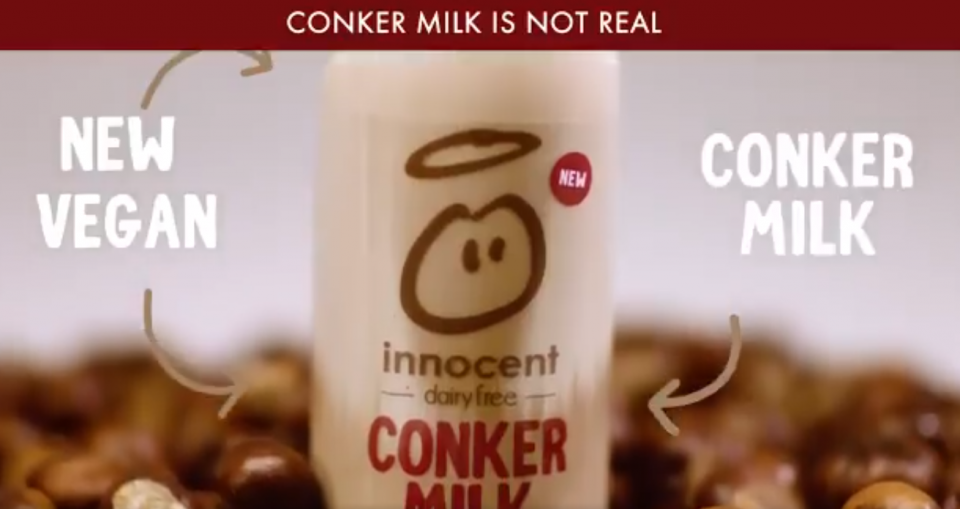The best and worst ads of 2019

It has been a year of highs and lows for adland. PRs, creative agencies, and brands will be examining their advertising efforts this month, and while some will be pleased with their work, others will be looking to improve next year.
To help with this process, I asked members of the marketing industry and other experts for their opinions on the best, worst, and most memorable campaigns of 2019.
Biggest success
Greggs’ vegan sausage roll
The bakery brand launched a Quorn-filled sausage roll in January. The new product proved wildly popular, and has helped Greggs’ share price surge more than 60 per cent year-to-date.

But why was this campaign so successful? According to James Douglass, a public relations consultant, it was because Greggs tapped into the zeitgeist of 2019: manufactured outrage.
“2019 has been a year of outrage, and the vegan sausage roll went viral all over social media precisely because it got people frothing at the mouth,” he says. “Dim carnivores — apparently unaware that they wouldn’t actually be held down and force-fed — took to Twitter to scream inchoate rage (for example: ‘IT’S NOT A ‘SAUSAGE’ ROLL THEN, IS IT?’), while the mischievous (or simply curious) reviewed them with varying responses. The bakery brand’s Twitter feed, gently teasing detractors rather than offering supine apologies, kept the argument raging.
“And loads of people tried one, even those who had never before considered either vegan food or Greggs.”
Dampest squib
Gillette’s ‘The Best Men Can Be’
Also released in January, razor giant Gillette’s advert attempted to challenge sexism and toxic masculinity, and demanded that its male customers step up and behave better.
While the ad received praise for its bold stance, it was also divisive, and did nothing to boost the brand’s sales. Shazia Ginai, chief executive at research firm Neuro-Insight, has some thoughts as to why the ad ultimately failed to make a significant impact on its target audience.
“Men experienced approach when watching the ad (which means that they liked the message), but personal relevance levels were low, showing that they didn’t actually identify with the issues explored,” she explains.
“The results bring home the reality for advertisers that making an impact on your target audience (especially when it comes to driving bottom-line sales) isn’t as simple as it seems — even if the ad does get people talking on social media.”
Best advert
Renault Clio’s ‘30 years in the making’
In November, Renault released a touching video to promote its new Clio model. To mark the evolution of the car’s design over 30 years, the ad charts a love story between two women.
“Less of an advert and more of an indie short film, it is impossible to watch this video without tearing up,” says Rachel Cunliffe, comment and features editor at City A.M.
“At just two minutes and 10 seconds, ‘30 Years In The Making’ manages to pack in three decades of a cross-border lesbian love story: from first meeting on a school exchange trip, to heartfelt teenage experimentation, a harrowing coming out scene, an ill-advised wedding, through to the joyous happy ending where the couple reunite and run away together — in a Renault Clio, of course.
“Will it make me want to buy the car? Possibly not. But only a few years ago, queer relationships like this just weren’t shown in adverts, certainly not for mainstream products (that, in the case of the Clio, are clearly intended to represent ‘the family’).
“As a queer woman, this advert makes me deeply proud, and more than a little emotional, to see how far we’ve come. I challenge anyone to watch it with dry eyes.”
Prize for snatching victory from the jaws of defeat
Innocent’s Conker Milk
In October, smoothie maker Innocent got into trouble after promoting a fake product called Conker Milk. It was intended as a joke, but users on social media quickly pointed out that milk made from conkers is poisonous.

Innocent was forced to admit its mistake, but the way it handled the fallout was applauded.
“Being creative comes with its highs and lows, and ideas aren’t always received in the way they were intended,” says James Wood, creative director and co-founder of ShopTalk. “When Innocent launched its joke Conker Milk on social media as part of a light-hearted campaign to promote its real alternative milks, it found itself in choppy waters.
“But Innocent dealt with the backlash admirably and in a playful, ‘innocent’ way, never coming out of character. The brand said: ‘We made a mistake. Now we’re trying to put things right. Please do not eat or milk conkers’. The campaign probably reached more people than it could have originally hoped for. Good on Innocent for pushing creative ideas and staying true to its brand.”
Wooden spoon for sexism
Peloton’s Christmas Ad
A tough competition this year. It looked like it would be between Volkswagen and Philadelphia, after the Advertising Standards Authority banned adverts from both in August because they depicted harmful gender stereotypes of women and dads.
“Both brands used negative and unhelpful gender stereotypes in TV ads, which were both swiftly banned by the ASA under new regulations,” says Jamie Williams, managing partner at isobel.
“The campaigns managed to build negativity around their brands — resulting in huge own goals. Philadelphia used the classic ‘useless dads’ stereotype, which in truth is overused and boring. In 2019, showing men to be ineffective child carers is just not very helpful.
“Similarly, Volkswagen’s electric eGolf ad showed a series of men doing adventurous activities followed by a women sitting on a bench, next to a pram. Again, an unnecessarily negative gender stereotype that was bad news for Volkswagen.
“Ultimately, both campaigns were bad news for the marketing industry.”
But Peloton stole the prize with a late entry in December. The 30-second ad, which shows a woman receiving an exercise bike from her husband, sparked a fierce backlash, and was labelled not only sexist but actually dystopian.
“Peloton really made a hash of its latest ad: it’s old fashioned, tone deaf, and cringeworthy,” says Ash Bendelow, managing director of creative agency Brave. “Some have questioned whether the brand intentionally caused controversy with this ad under the mantra that ‘no news is bad news’. I find this hard to believe. No brand would knowingly and deliberately cause itself a nine per cent drop in share price overnight. Chief executives get fired for less than that.
“Its lazy stereotypical interpretation seems to stem from such an overzealous salesman’s focus on the ‘product’ and ‘gift-giving’ that it failed to see the blindingly obvious PR-disaster elephant in the room.”
Worst spend
The UK government’s ‘Get Ready for Brexit’
In August, the government unveiled its “Get Ready for Brexit” campaign urging people and businesses to prepare for leaving the EU on 31 October.
That date came and went… and the UK had not left the EU. Figures released in October revealed that the Cabinet Office had spent almost £5m on the campaign in just one month. Not exactly an efficient use of taxpayer money.
“‘Are you ready for Brexit?’ the billboards demanded of us. ‘Not really. Are you?’ was surely a response felt by many,” says Alex Blyth, editorial director and co-founder of Red Setter PR.
“How many people did it inspire to review their preparedness? What exactly were they meant to have done? If the Tories succeed in ‘getting Brexit done’ in January, we’re going to need every penny we can find — let’s hope that we won’t see a rerun of this total waste of public funds.”
So that was the year that was. Let’s hope we see more great ad campaigns next year, and fewer terrible ones.
Main image credit: Getty